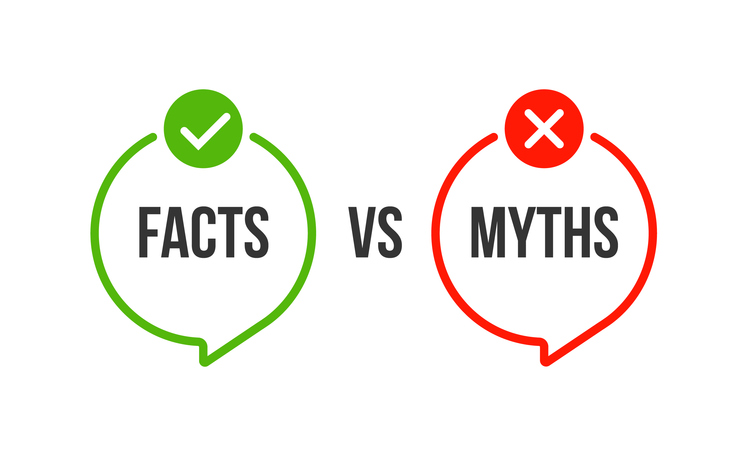Supporters of the House proposal for an income tax on capital gains are incredulous that it is referred to as an income tax. They say it is an “excise” or “sales” tax. Let’s see what the actual text of HB 2156 says and follow the bouncing ball to help cut through the noise (emphasis added):
- Sec 402 (1): “Beginning January 1, 2020, a tax is imposed on all individuals for the privilege of selling or exchanging long-term capital assets, or receiving Washington capital gains. The tax equals nine and nine-tenths percent multiplied by the individual's Washington capital gains.”
- Sec 401 (11): “‘Washington capital gains’ means an individual's adjusted capital gains…"
- Sec 401 (2): “'Adjusted capital gain'" means federal net long-term capital gain…"
- Sec 401 (4): “Federal net long-term capital gain" means the net long-term capital gain reportable for federal income tax purposes…”
For those that were able to follow the ball, you saw the tax is imposed on the capital gains income reported for federal tax purposes.
This is why Sec 408 of the bill requires those subject to the tax to submit to the state a copy of their federal income tax return.
Hopefully now after reading the actual bill text you’ll understand why the IRS says “capital gains are treated as income under the tax code and taxed as such.”
Any questions?
Additional Information
A Capital Gains Tax IS an Income Tax: Irrefutable Proof in About Two Minutes
BAD POLICY: An Income Tax on Capital Gains for Washington
Washington Capital Gains Proposal Not Helped by Analogy to Real Estate Excise Tax





